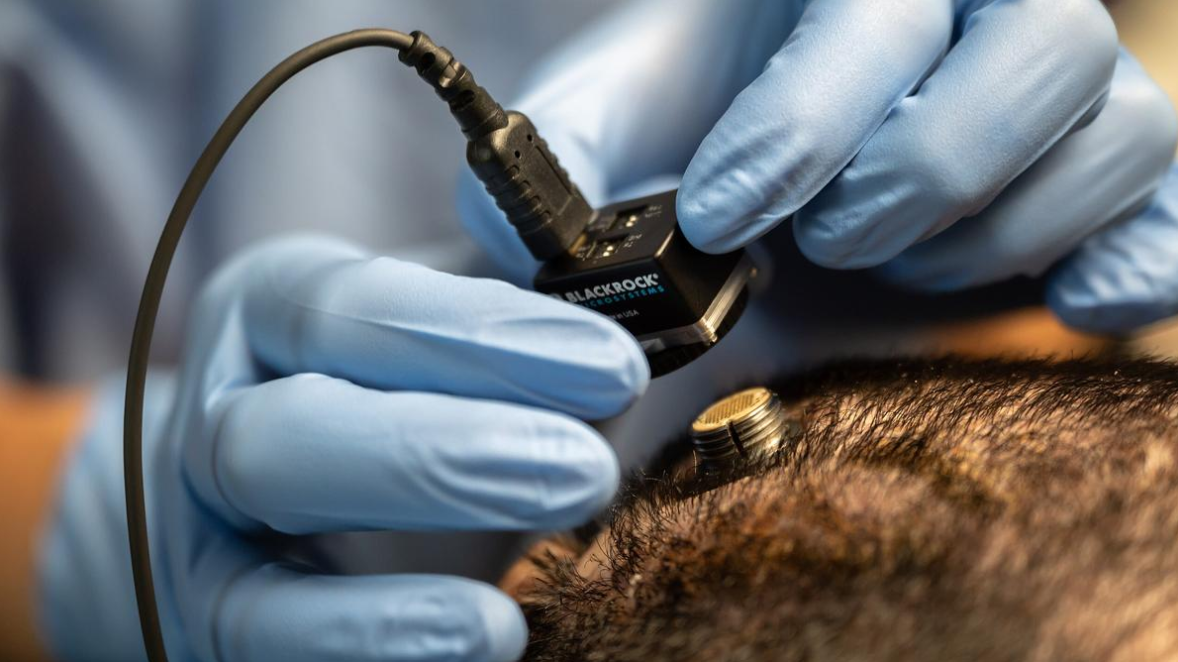Description

Disclaimer: Copyright infringement not intended.
Context
- Russia will pull out of the International Space Station after 2024 and focus on building its own orbiting outpost,.
About ISS
- The International Space Station (ISS) is a modular space station (habitable artificial satellite) in low Earth orbit.
- The ISS was launched in 1998 as part of joint efforts by the U.S., Russia, Japan, Canada and Europe.
- Since its inception, the ISS has served as a laboratory suspended in space and has aided multiple scientific and technological developments.
Why is NASA planning to decommission the ISS?
- The ISS was originally built to operate for 15 years.
- The space station has already surpassed that checkpoint by being active for 21 years, with plans to continue operations till 2030.
- The limitations on the life-cycle of the station are catching up. The ISS goes through 16 rotations of the earth per day, causing extreme temperature changes on the exterior.
- The side facing the sun can get heated up to 121°C while the temperature on the opposite, darker side can fall to –157°C, causing intense expansion and contraction of the building material.
- This orbital thermal cycling, coupled with dynamic loading, affects the longevity of the primary structure of the space station.

Future of space stations
- In January 2022, China announced that its space station will be ready for operations this year.
- Blue Origin, the aerospace company founded by Jeff Bezos, has also announced its plans to build Orbital Reef, a commercially developed, owned, and operated space station in low-earth orbit.
- And now Russia announced, to build its own orbiting outpost.
Read: https://www.iasgyan.in/blogs/types-of-orbits-explained
https://epaper.thehindu.com/Home/ShareArticle?OrgId=GS1A31AH2.1&imageview=0
1.png)











